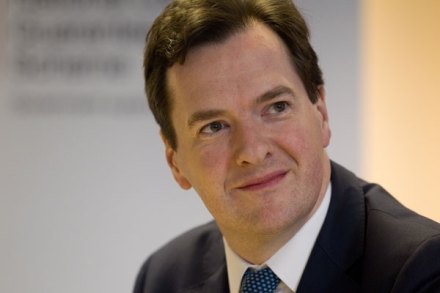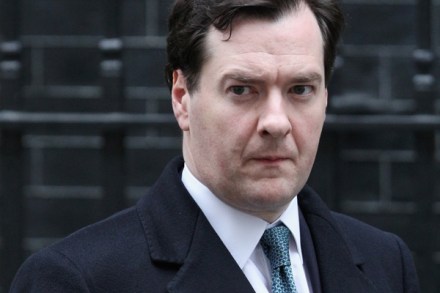Osborne’s policy gymnastics
It’s been a few weeks at least since George Osborne’s last U-turn, so it must be time for another one, mustn’t it? Today’s launch of the Funding for Lending Scheme is being hailed as another change of course from the Chancellor as it signals the slow death of the National Loan Guarantee Scheme. The Sun’s editorial this morning compared George Osborne to a gymnast, and said he was the ‘master of the U-turn’. The NLGS has only lent £2.5bn of the £20bn that it was allocated so far for small and medium businesses, and the FLS, which allows banks and other financial institutions to borrow at below market rates, is




















